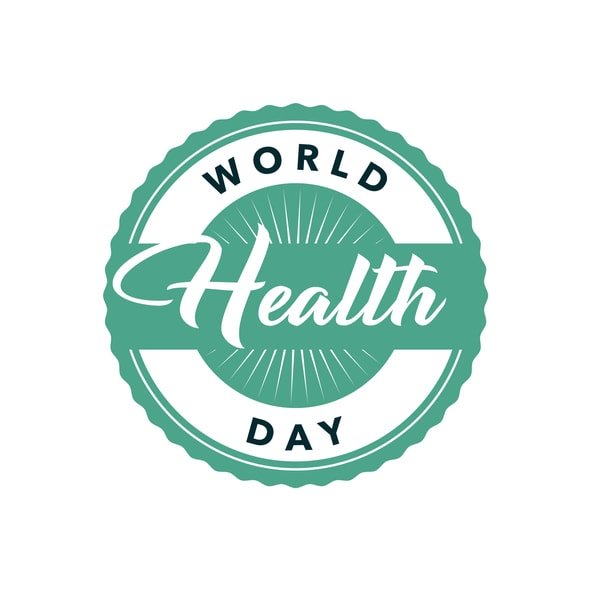World Health Day is on April 7 this year. It’s an annual event to create awareness around global health issues. Today, most of us are focused on a specific health issue. With that in mind, let’s take a look at the coronavirus (COVID-19), who is vulnerable and how to protect ourselves and our sobriety during these challenging times.

What Is COVID-19?
According to the FDA, COVID-19 is an illness caused by a new coronavirus. Coronaviruses are a type of virus that can cause illnesses like the common cold. This coronavirus is different, though. It was discovered in 2019 and causes COVID-19, which is a respiratory illness. According to the CDC, the primary symptoms of COVID-19 are:
- Fever
- Cough
- Shortness of breath
Emergency symptoms, which are symptoms that indicate that you should immediately seek medical attention, include:
- Difficulty breathing
- Pain or pressure in the chest
- Confusion or difficulty waking
- Bluish lips or face
The CDC notes that this list isn’t all inclusive, and that if you have severe or concerning symptoms to consult your medical provider.
Who Is Vulnerable?
Anyone can become ill from the new coronavirus. Some people are more likely to experience severe symptoms, though. According to the CDC, people who are at higher risk include:
- Older adults (those 65 years old and older)
- People who have health conditions like:
- Lung disease
- Diabetes
- Heart disease
- Asthma
People with HIV may be at a higher risk, but the CDC has no specific information. It does know that with other respiratory infections, people not being treated for HIV and those with a low CD4 cell count could be at a higher risk of illness.
Similarly, the CDC doesn’t know if pregnant women are at a higher level of risk, but based on other viral respiratory infections, they may be. If you are pregnant or HIV positive, it may be best to follow the same precautions recommended for older adults and those with underlying health conditions.
How Do We Protect Ourselves and Our Loved Ones?
According to the CDC, the best way to prevent illness is to avoid being exposed to the virus. There is no vaccine as of now, and the virus is thought to spread mainly through person to person contact. It can survive on surfaces too.
Regardless of your risk level, you can protect yourself and your loved ones by:
- Washing their hands for at least 20 seconds after using the restroom, going to a public place, and after sneezing, coughing, and blowing your nose.
- If you can’t wash with soap and water, hand sanitizer that’s at least 60% alcohol can work as well.
- Avoiding close contact with people who are sick.
- Keeping a distance between yourself and others if you’re out in public.
- Cleaning and disinfecting surfaces daily.
If you are at a higher level of risk, you should limit how often you go out in public and avoid crowds and non-essential travel. The CDC also recommends stocking up on necessary medications and having enough household goods in case you need to stay at home for an extended period.
How Do We Maintain Sobriety?
In times of stress, it might be tempting to return to old patterns. We rely on our connections to help us stay sober, and with social distancing, we can’t attend meetings. We can stay connected, though. Phone calls and text messages can offer a lifeline in difficult moments. You can also find many 12-step meetings online. These meetings use video calling and conferencing to give you a sense of being in the same room as the other attendees. You can’t hug, but you can still talk to other people who are experiencing the same challenges that you are.
If you’re going through treatment, you may also be seeing a shift to video and telephone meetings. Although it’s an adjustment, online therapy and meetings can be as effective as in-person ones. Staying connected with your treatment team, and being honest about your feelings and struggles, can help you through this challenging time.
You aren’t alone. People do care about you and your sobriety. Stay connected to peers in recovery and understand family and friends. Follow the CDC’s recommendations and take care of yourself if you feel sick.
If you need to begin treatment, or if you’ve relapsed and need a fresh start, DiscoveryMD can help. We are still working with and accepting patients, and we’ve shifted to virtual meetings. To ensure our treatment programs are accessible, we accept most commercial insurance plans, including Maryland Medicaid. Contact us today to learn more about how we can support you in these troubled times.